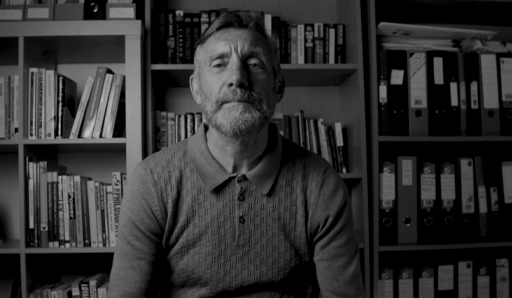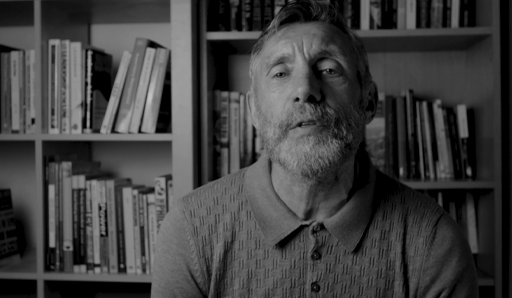1.3 Breaking the mould
As you have seen, there are many different things that can restrict the choices you have (the options that are available to you) and influence your decisions – what you choose to do. Some are easy to identify. But many are harder to see. People are influenced by what they know and the surroundings social systems and structures they grow up in. For example, the values of the political system you grow up in, whether you live in a wealthy area or an area of high deprivation, an urban or rural area, whether you live in a mixed/diverse/international community or one rooted in its local history. The society we are born into has its own history, tradition and culture as well as economic, political and social factors which shape how we grow up. In turn, these factors can condition or constrain or limit us in what we believe and how we think.
Activity 3: William’s story: Part 1
Now watch this short video in which William who you met earlier, tells his story of how he became involved in the conflict in Northern Ireland as a 15-year-old boy and the decisions he made at that time.

Transcript: Video 1: William’s story: Part 1
- What questions does his story raise for you?
- What kinds of social issues might have limited William’s choices?
- From hearing his story as a 15-year-old boy what do you imagine his future might have held?
Discussion
In your own lives, there are some things you can’t easily change or that are outside of your control, whether personally or in the society in which you live. But there are things that you do have some control over right now, such as how you use your own mind to think about things and how you use this thinking to inform the decisions you make. This can also change how others see you and can help you make a positive contribution the world.
The South American educationalist Paulo Freire (1921–1997) described how people’s freedom to be more than what they already know, is conditioned by their social context – or the reality in which they live. But that wasn’t the end of the story for Freire. He was also interested in how change happens. Freire developed a radical approach to education with communities, empowering people to use learning and knowledge to expand their understandings of themselves, their social structures and how to change things.
This use of knowledge is something that William has done in his life. In the next video, William is reflecting on his choices and decisions, while in prison and after he returns to his community from prison. His story begins in the compounds of the Maze and Long Kesh prison in Northern Ireland, where William was imprisoned for 13 years. From here he talks about the choices he made after this release from prison following the paramilitary ceasefires in 1994 and following the Good Friday Agreement in 1998.
Activity 4: William’s story: Part 2
Watch the video and then consider the questions that follow.

Transcript: Video 2: William’s story: Part 2
- Is there anything that surprised you about William’s story?
- Can you give some examples of the decisions he made as an adult, after returning to the community?
- What are some of the changes William describes in his ways of thinking about the world?
Discussion
You may be surprised that William chose such a different pathway than the one he pursued as a teenager. In his reflections, William gives different examples of decisions he made as an adult, based on his personal values, that contrast with those he made as a young man. He describes choosing to live in a mixed community and to educate his children in in an integrated school [cross community]. He chose to return to education and to work with young people to support them in making different choices. William mentions becoming a more articulate and self-aware person and when talking about his children, and the young people with whom he works, the importance of seeing beyond the world in which you are living or growing up.
William’s story hints at the possibility within all of us to learn to think differently and to use these skills to open alternative options or pathways. As you have seen, when making decisions, people often stick with what they know or is familiar to them. For example, when thinking about work or their future career, people may follow the same pathways as their parents or friends. You too may want to follow what you know already in life, but you can also explore different pathways. To do this you need to ‘use your head’ or thinking skills.
Let’s look at some tools to help you to develop your thinking so that choices you make are your own and not just following the crowd.
